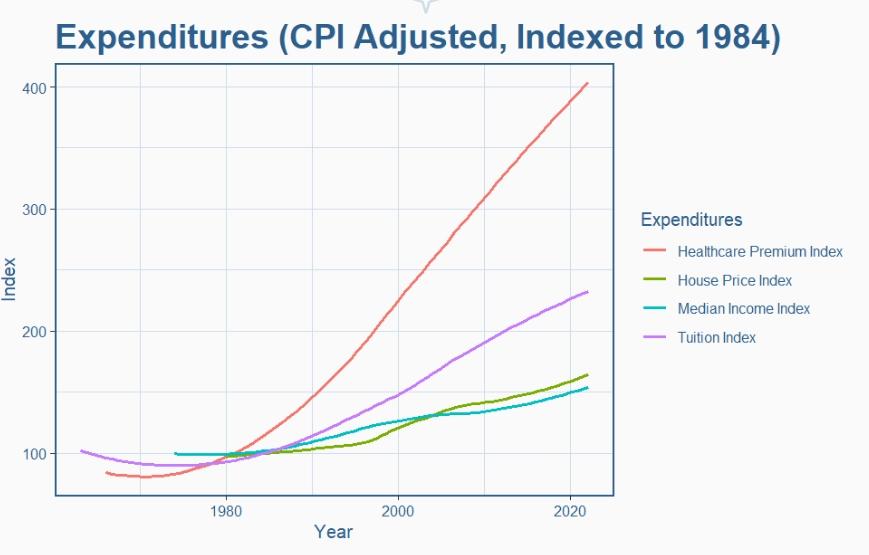

John Wu
Class of 2025Palos Verdes Estates, California
About
Hello! My name is John Wu, and I began my journey with Polygence during my junior year of high school at Palos Verdes Peninsula High School. I'm interested in and have conducted research in the areas of macroeconomics, data analysis, and public policy, though I love mathematics, video making, and playing the oboe! I love the quote, “Knowledge is Power. Information is Liberating. Education is the premise of **Progress**, in every society, in every family.” - Kofi Annan. It encapsulates why I love data science and what really interests me in my studies - the idea that with information comes progress, and that when we are all armed with accurate and relevant knowledge, we can unite and bring about great positive change through implementing corrective and preemptive policies.Projects
- "The Collapse of the American Dream: From “Rags to Riches” to the “Ragged and the Rich”" with mentor Tex (June 2, 2024)
John's Symposium Presentation
Project Portfolio
The Collapse of the American Dream: From “Rags to Riches” to the “Ragged and the Rich”
Started Apr. 12, 2024

Abstract or project description
The American Dream is a key tenet of American pride - our country holds itself high as the land of opportunity to drastically improve one’s financial and social standing in a rags to riches story. In this study, we investigate the degree to which the American Dream holds true and how its conditions have evolved since 1984, focusing on the degree to which social mobility is available to low-income households. In order to provide insight into how America could improve its vertical mobility, poverty rate, and overall prosperity, we use several models to analyze the effect of several key measures across other high income countries and provide predictions for how key changes in those measures would affect the country. The variables used to characterize social mobility include median income, house price, disposable income, the GINI index, tuition costs, education quality and access, welfare spending as a % of GDP, monthly Medicare premiums, percent of children that earn more than their parents, and the share of wealth by the top 1% compared to the bottom 50%. This study provides linear models, LASSO models, relaxed LASSO models, trees, and random forest models for predicting social mobility, poverty rate, and GDP per capita, but chooses to use backwards-selected linear models for predictions for America for greater explanation of variables, confidence intervals, and lowest error for Social Mobility and Poverty Rate, but a Relaxed LASSO model for GDP Per Capita for minimizing error. This study provides a crucial look into the current condition of financial upwards growth for the current and future generations as well as recommendations for where the country should focus on learning from other high income countries for restoring the promise of the American Dream. This research opens the door for following research to look into how such policies and recommendations could be implemented and their real effects.